![]()
![]()
![]()
Use LEFT and RIGHT arrow keys to navigate between flashcards;
Use UP and DOWN arrow keys to flip the card;
H to show hint;
A reads text to speech;
16 Cards in this Set
- Front
- Back
|
French explorer who founded the first permanent French settlement in Quebec.
|
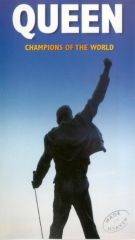
Samuel de Champlain
The "Champion" of the New World |
|
|
French king who levied taxes on his overseas empire; sent Catholic settlers to New France
|

Louis XIV
|
|
|
The first permanent English colony in America, built in 1607
|

Jamestown
"James-town" |
|
|
English Puritan settlers who sought religious freedom in America
|
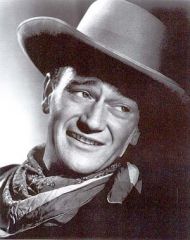
Pilgrims
"Welcome to America, Pilgrims" |
|
|
A set of guidelines written by the Pilgrims for governing their new colony
|
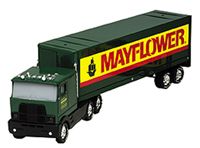
Mayflower Compact
...or Compact Mayflower? |
|
|
A war between the French and British from 1754 to 1763
|
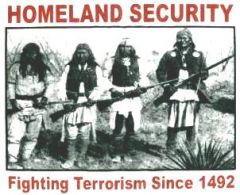
French and Indian War
|
|
|
An agreement that ended the worldwide Seven Years' War and ensured British dominance in North America
|

Treaty of Paris
|
|
|
A colonist who attempted to convert the Native Americans to Christianity
|
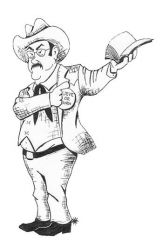
Missionary
|
|
|
Income from taxes
|
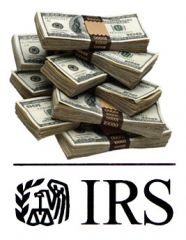
Revenue
|
|
|
An agreement among people
|
Compact
"Com" (together) - "pact" (agreement) = an agreement together |
|
|
Why did New France grow slowly?
|
Primarily due to the harsh Canadian climate, which repelled many potential settlers
|
|
|
What form of government did the 13 English colonies set up?
|
English monarchs appointed governors, but colonists also had an assembly of elected representatives
|
|
|
How did Britain come to dominate North America?
|
The Treaty of Paris guaranteed British domination by passing control of Canada and lands east of the Mississippi River from the French to the British.
|
|
|
What impact did European competition for colonies have on Native Americans?
|
Competition brought trading and alliances, but also war, disease, and loss of land as settlers pushed westward.
|
|
|
Which waterways were vitally important to French colonies in North America? How might France's rivals take advantage of this geographic dependence?
|
The French were dependent primarily on the Great Lakes system, including the St. Lawrence River, but also the Mississippi River. Their rivals might take advantage of this dependence by using naval and military force to cut off access to these waterways.
|
|
|
Compare New France and the 13 English colonies in terms of population, government, and economy.
|
The population of the English colonies was much greater because their land reached more comfortable geographic regions where conditions were not so harsh. The governments of each were based on a set of governors that rules for the king in the colonies; the English colonies, however, enjoyed a larger degree of self-government with an assemply of elected representatives. In economic terms, New France subsisted primarily on the fur trade, as well as exporting fish. England, however, shaped its economy to its geography: in the North, there were small villages consisting of farmers, and in the South, a plantation economy that produced tobacco, rice, and other crops.
|

